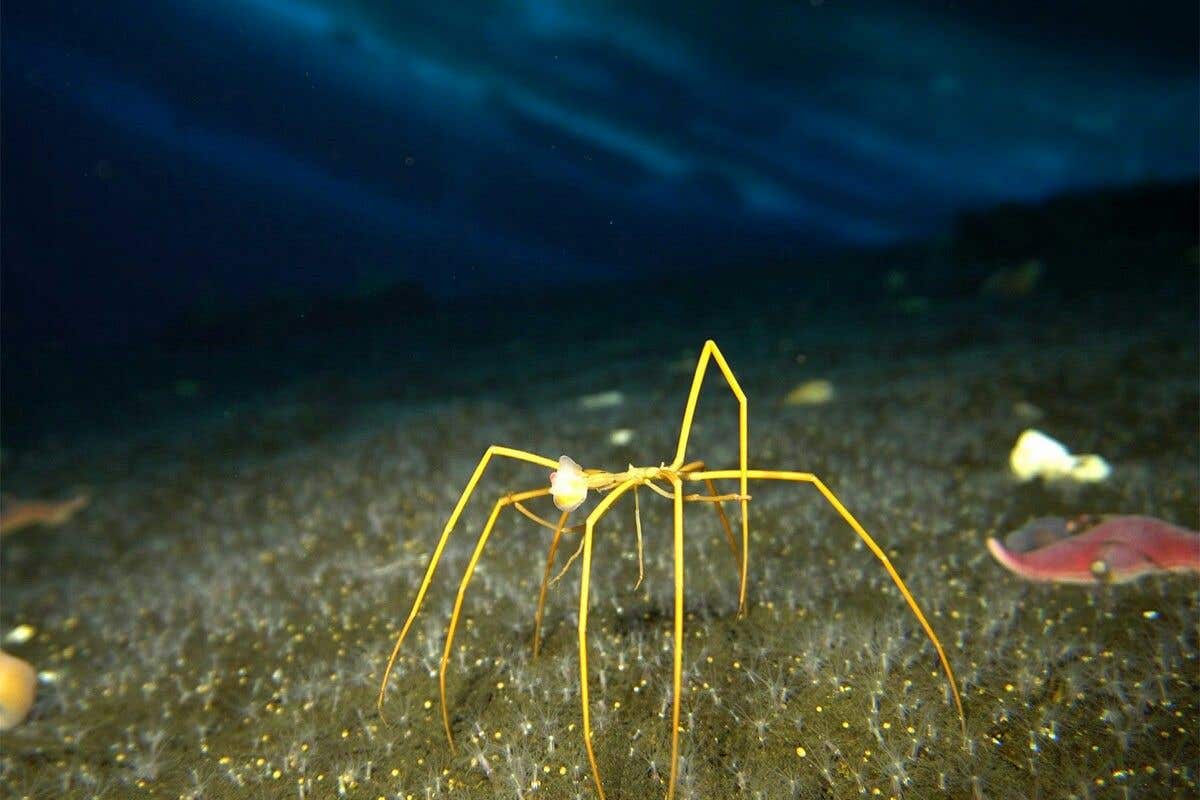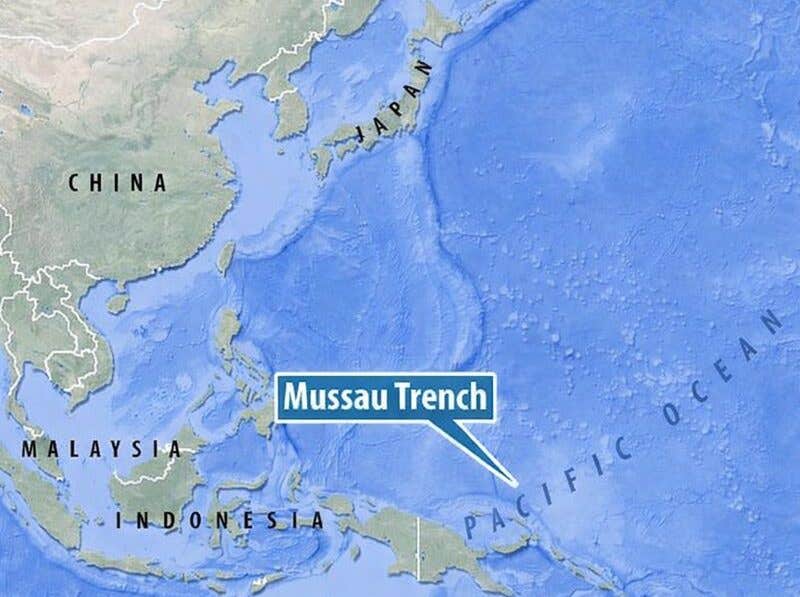Why are there so few insects in the ocean?
Insects, one of Earth’s most successful organisms, represent a significant portion of all terrestrial animal biomass and global ecosystem.

May 8, 2023: Staff Writer, The Brighter Side of News]
Insects are conspicuously absent from marine environments, a mystery that has puzzled scientists for years. (CREDIT: Creative Commons)
Insects, one of Earth's most successful organisms, represent a significant portion of all terrestrial animal biomass and greatly impact the global ecosystem. However, they are conspicuously absent from marine environments, a mystery that has puzzled scientists for years.
Now, a team of researchers from Tokyo Metropolitan University, led by Assistant Professor Tsunaki Asano, offers a potential solution to this enigma through evolutionary genetics.
The latest in molecular phylogenetics reveals that crustaceans and insects belong to the same Pancrustacea family, with insects being a branch that migrated from the sea to the land. Both groups share exoskeletons made of a wax layer and a hard cuticle.
The Tokyo Metropolitan University researchers previously demonstrated that insects developed a unique gene that produces an enzyme called multicopper oxidase-2 (MCO2) as they adapted to terrestrial environments. MCO2 enables insects to harden their cuticles using oxygen. This process differs from crustaceans, which rely on calcium from seawater to harden their cuticles.
Related News
According to the researchers, the abundance of oxygen on land makes it a more favorable environment for insects. Conversely, the sea has become a harsher habitat for them due to its limited oxygen supply and the presence of better-adapted organisms.
But the researchers also suggest that terrestrial life offers more than just a hospitable environment for insects; the MCO2 pathway leads to a protective yet lightweight biomaterial in their cuticles.
The above characteristic may have enabled insects to climb plants, glide, and ultimately fly, allowing them to migrate and occupy previously empty ecological niches. This factor could be a driving force behind their vast numbers, contrasting with the denser, calcified shells of crustaceans.
A male great diving beetle surfaces to take on air at the tip of its abdomen. (CREDIT: Charlie Elder)
Though insects are not the only arthropods to have adapted to land, their unique cuticles may offer insights into their success in terrestrial environments. The Tokyo Metropolitan University team posits that MCO2 could be a defining feature of insects, stating, "no MCO2, no insects."
This research sheds new light on the role cuticle hardening may play in insect evolution and terrestrialization, providing a fresh perspective on the rarity of insects in marine environments.
Like the rocket bug, water-striding insects use small body sizes, long legs, and fine hairs on their feet to skate on the surfaces of ponds and streams. (CREDIT: Xavier Pita)
Conclusions
The emergence of insects is an important event in the evolution of life on Earth and highlights a key adaptive expansion of living organisms into a new, terrestrial ecosystem.
Currently, insects are a dominant (if not the most dominant) animal lineage on the planet, and play major roles in the processes of the global ecosystem. Unsurprisingly, active discussions are underway on insect evolution and terrestrialisation. However, the relationship between insect evolution and the molecular mechanisms involved in cuticle formation has not yet been fully explored.
All arthropod subphyla have succeeded in colonizing terrestrial environments, indicating that the MCO2-mediated system is not necessary for success in terrestrial niches. However, as mentioned earlier, the MCO2-mediated cuticle formation might have contributed to the success of insects with many possible advantages.
Eco-evolutionary relationship between Insecta and Crustacea. This phylogenetic tree is a simplified version of a figure in a reference (Figure 1 in Giribet and Edgecombe, 2019), showing the divergence of Insecta (or Hexapoda) from a lineage of Crustacea. (CREDIT: Royal Entomological Society)
If insects had not acquired the MCO2-mediated system, insect evolution and success might have been significantly different from what is currently observe.
While various water-striding insects have mastered life on ponds and streams with their small bodies, long legs, and fine foot hairs, the open ocean presents an entirely different set of challenges.
Note: Materials provided above by the The Brighter Side of News. Content may be edited for style and length.
Like these kind of feel good stories? Get the Brighter Side of News' newsletter.



